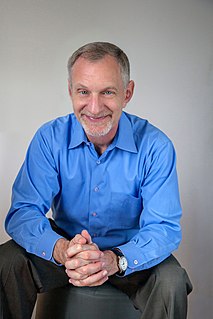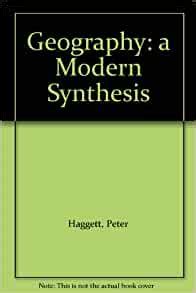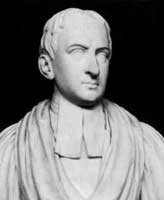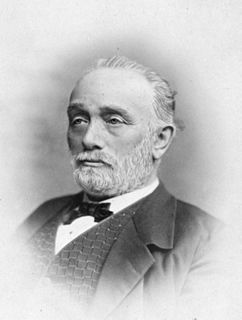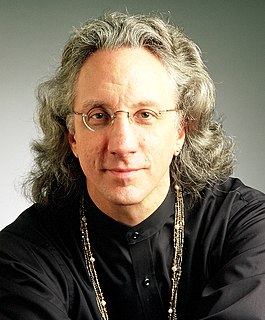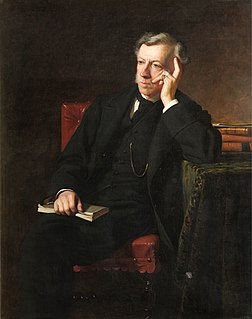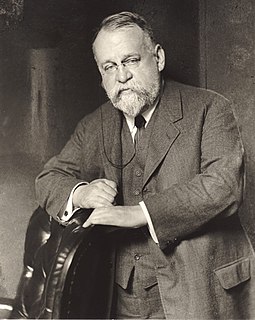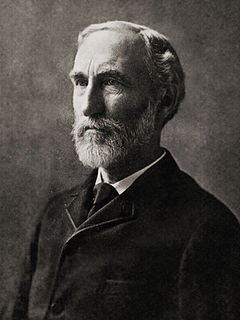Top 177 Hypotheses Quotes & Sayings - Page 2
Explore popular Hypotheses quotes.
Last updated on April 17, 2025.
Twice in my life I have spent two weary and scientifically profitless years seeking evidence to corroborate dearly loved hypotheses that later proved to be groundless; times such as these are hard for scientists-days of leaden gray skies bringing with them a miserable sense of oppression and inadequacy.
A lot of humanists treat religion as if it were simply a kind of rival cosmological hypothesis, and that this is all it is. My view is that to the extent that religions are cosmological hypotheses, this is not the only important thing about them, and we - atheists- will never get a proper understanding of what religion is if we focus too much on the cosmology.
In all sensation we pick and choose, interpret, seek and impose order, and devise and test hypotheses about what we witness. Sense data are taken, not merely given: we learn to perceive.... The teacher has forgotten, and the student himself will soon forget, that what he sees conveys no information until he knows beforehand the kind of thing he is expected to see.
Scientists actively approach the door to knowledge—the boundary of the domain of what we know. We question and explore and we change our views when facts and logic force us to do so. We are confident only in what we can verify through experiments or in what we can deduce from experimentally confirmed hypotheses.
In experimental philosophy, we are to look upon propositions inferred by general induction from phenomena as accurately or very nearly true, notwithstanding any contrary hypotheses that may be imagined, till such time as other phenomena occur by which they may either be made more accurate or liable to exceptions.
To construct a scientific theory from the data and to be able to recognize that it is a reasonable theory is possible only if there are some very sharp restrictive principles that lead you to go in one direction and not in another direction. Otherwise, you wouldn't have science at all, merely randomly chosen hypotheses.
The main Business of Natural Philosophy is to argue from Phænomena without feigning Hypotheses, and to deduce Causes from Effects till we come to the very first Cause, which certainly is not mechanical; and not only to unfold the Mechanism of the World, but chiefly to resolve these, and to such like Questions.
For it is the duty of an astronomer to compose the history of the celestial motions or hypotheses about them. Since he cannot in any certain way attain to the true causes, he will adopt whatever suppositions enable the motions to be computed correctly from the principles of geometry for the future as well as for the past.
Evidence-based reasoning underpins all scientific thinking, and it involves testing hypotheses or theories against data. Validating a theory requires replicable measurements from independent groups with different equipment and methods of analysis. Convergence of evidence is critical to the acceptance of a scientific idea.


